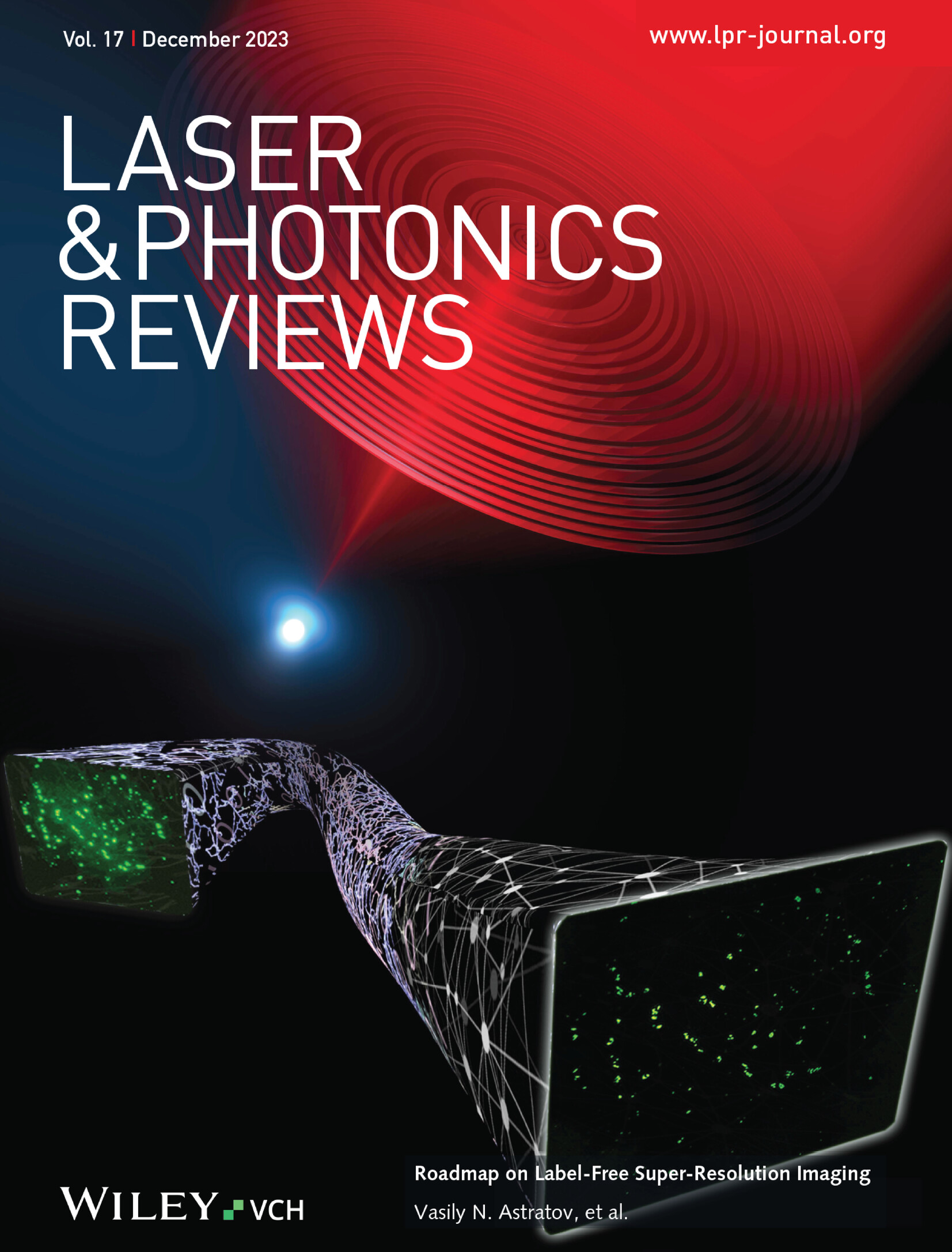A Self‐Powered Optical Fiber Tactile Sensor With Mechanoluminescent Transduction for Robotic Grasping and Hardness Detection
IF 10
1区 物理与天体物理
Q1 OPTICS
引用次数: 0
Abstract
Tactile sensing is crucial for machines to interact intelligently with the physical world. Integrating mechanoluminescent (ML) materials with optical fibers presents a promising avenue for developing self‐powered tactile sensors. However, existing ML‐based optical fiber sensors suffer from inefficient signal collection or require complex demodulation strategies, thereby limiting their sensitivity and hindering compact system integration. Here, a self‐powered optical fiber tactile sensor (SOFTS) based on ML composites directly coupled to the core of a standard multimode fiber is reported. This architecture enables efficient light collection, simplifies signal demodulation, and reduces system complexity and size. The resulting sensor exhibits stable and robust ML emission in response to mechanical stimulation, without the need for external excitation. Integration of SOFTS with a robotic manipulator demonstrates real‐time tactile feedback for object grasping and hardness detection, showcasing its potential for robotics and human‐machine interfaces. This work establishes a simple, scalable, and robust platform for advancing ML‐based self‐powered optical tactile sensing technologies.一种用于机器人抓取和硬度检测的机械发光自供电光纤触觉传感器
触觉感知对于机器与物理世界进行智能交互至关重要。将机械发光(ML)材料与光纤相结合,为开发自供电触觉传感器提供了一条有前途的途径。然而,现有的基于ML的光纤传感器存在信号采集效率低或需要复杂的解调策略的问题,从而限制了它们的灵敏度并阻碍了紧凑的系统集成。本文报道了一种基于ML复合材料的自供电光纤触觉传感器(SOFTS),该传感器直接耦合到标准多模光纤的核心。该架构实现了高效的光采集,简化了信号解调,降低了系统的复杂性和尺寸。所得到的传感器在响应机械刺激时表现出稳定和鲁棒的ML发射,而无需外部激励。软软件与机器人机械手的集成展示了物体抓取和硬度检测的实时触觉反馈,展示了其在机器人和人机界面方面的潜力。这项工作为推进基于机器学习的自供电光学触觉传感技术建立了一个简单、可扩展和强大的平台。
本文章由计算机程序翻译,如有差异,请以英文原文为准。
求助全文
约1分钟内获得全文
求助全文
来源期刊
CiteScore
14.20
自引率
5.50%
发文量
314
审稿时长
2 months
期刊介绍:
Laser & Photonics Reviews is a reputable journal that publishes high-quality Reviews, original Research Articles, and Perspectives in the field of photonics and optics. It covers both theoretical and experimental aspects, including recent groundbreaking research, specific advancements, and innovative applications.
As evidence of its impact and recognition, Laser & Photonics Reviews boasts a remarkable 2022 Impact Factor of 11.0, according to the Journal Citation Reports from Clarivate Analytics (2023). Moreover, it holds impressive rankings in the InCites Journal Citation Reports: in 2021, it was ranked 6th out of 101 in the field of Optics, 15th out of 161 in Applied Physics, and 12th out of 69 in Condensed Matter Physics.
The journal uses the ISSN numbers 1863-8880 for print and 1863-8899 for online publications.

 求助内容:
求助内容: 应助结果提醒方式:
应助结果提醒方式:


